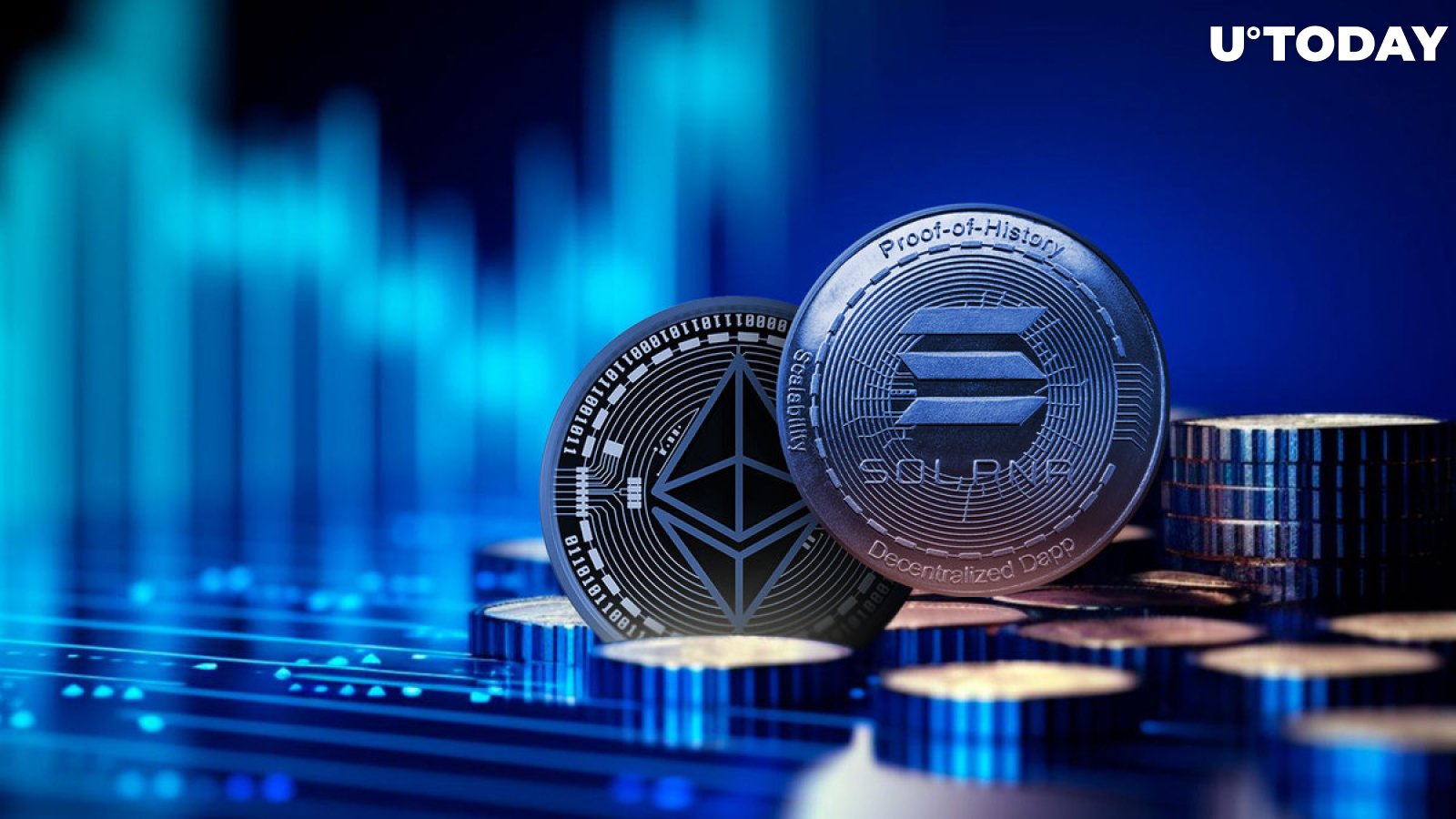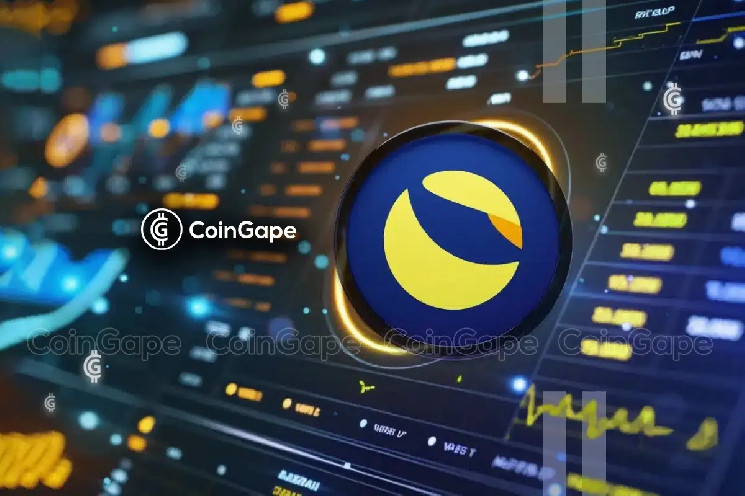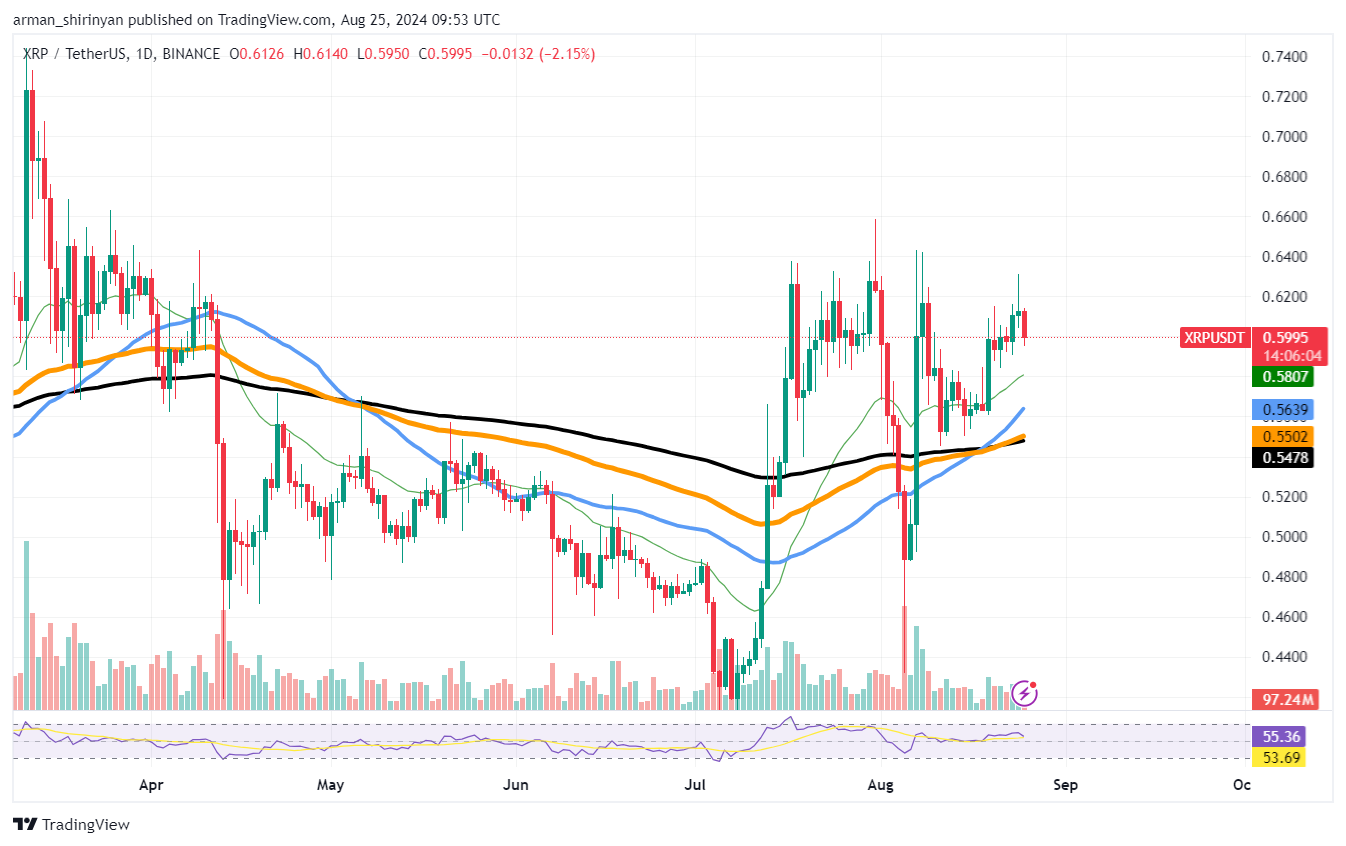Wed, 15/05/2024 – 8:40
Disclaimer: The opinions expressed by our writers are their own and do not represent the views of U.Today. The financial and market information provided on U.Today is intended for informational purposes only. U.Today is not liable for any financial losses incurred while trading cryptocurrencies. Conduct your own research by contacting financial experts before making any investment decisions. We believe that all content is accurate as of the date of publication, but certain offers mentioned may no longer be available.
Contents
- Breaking down the data
- There’s a problem
Advertisement
On May 12, Solana generated more Total Economic Value (TEV) than Ethereum in a single day. This marks the first time Solana has outpaced Ethereum in its history, but there is always a catch.
Breaking down the data
According to Blockworks Research, Solana generated $2,248,681 in TEV on May 12, surpassing Ethereum’s $1,977,416. TEV combines transaction fees and miner/extractor value (MEV). TEV is often used to analyze the utility and adoption of a blockchain network.
Chris Burniske, the former Ark Invest analyst, commented on the whole thing, stating that we should keep an eye on L1s that are keeping up their annual expansion in the form of TEV. Higher TEV can indicate greater usage and demand, which can, in turn, provide more flexibility in the economic policies of the network.
There’s a problem
However, the achievement has sparked some debate between Solana and Ethereum users. Critics argue that comparing Solana’s TEV with Ethereum’s without considering layer-2 (L2) solutions is misleading. L2 solutions are built on top of Ethereum to enhance scalability and reduce fees, effectively offloading some of the activity from the main Ethereum blockchain (L1), while remaining a crucial part of it. As one commentator pointed out, “Since some ETH activity has moved to L2s, wouldn’t we include that? Come on Chris, this is just disingenuous if you don’t take L2s into account.”
Despite the criticism, comparing TEV across blockchains remains valuable. As Burniske explained, each L2 operates in its own blockspace environment, and TEV comparisons are typically made on an L1-to-L1 basis. However, some may disagree with such an approach and consider L2s an inseparable part of larger ecosystems like Ethereum, which has struggled due to high fees in the past. For now, Ethereum fees sometimes drop even below Tron’s.







